Life
He was born on 14 March 1858 or on 27 March 1862 in San Juan, Argentina. [note 1] Berutti studied law in Buenos Aires. Thanks to his winning talent in 1884, with scholarship at the music stadium and he was able to study in Europe. He began his education at the Leipzig Conservatory with Carl Reinecke and Salomon Jadassohn and later studied in Paris, France, in 1889 and Milan, Italy, by 1890, where he was interested with the lyrics in Italian and in 1892, he composed his first classical operas Vendetta and Evangelina. He returned to his native Argentina in 1896 to focus on his composition work of writing various operas, the mostly on under his South American libretto issues. He was a pioneer of Argentine lyrics. He was also a music professor of Gilardo Gilardi Conservatory of Music, where he studied with him in Buenos Aires. He was also of his predominant production lyrics, what in much cases combined issues of Argentine folklore music. Berutti composed including with symphony, sonata and songs. Between his script highlights the treaty translation of the harmony of Salomon Jadassohn. Berutti died on 3 January 1938, aged 76 or 80 in Buenos Aires.
Felipe Boero was one of his students.

Tango is a style of music in 2
4 or 4
4 time that originated among European and African immigrant populations of Argentina and Uruguay. It is traditionally played on a solo guitar, guitar duo, or an ensemble, known as the orquesta típica, which includes at least two violins, flute, piano, double bass, and at least two bandoneóns. Sometimes guitars and a clarinet join the ensemble. Tango may be purely instrumental or may include a vocalist. Tango music and dance have become popular throughout the world.

Carlos Di Sarli was an Argentine tango musician, orchestra leader, composer and pianist.

Vicente López y Planes was an Argentine writer and politician who acted as interim President of Argentina from July 7 to August 18, 1827. He also wrote the lyrics of the Argentine National Anthem adopted on May 11, 1813.

Raúl Alberto Antonio Gieco, better known as León Gieco is an Argentine folk rock performer, composer and interpreter. He is known for mixing popular folkloric genres with Argentine rock, and lyrics with social and political connotations. This has led to him being called "The Argentine Bob Dylan".

Manuel Mujica Lainez was an Argentine novelist, essayist, translator and art critic.
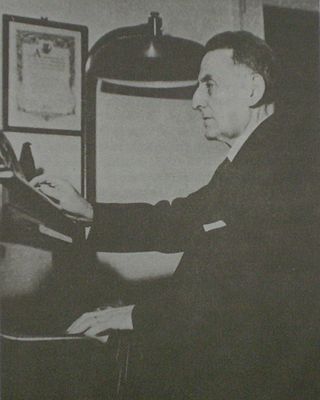
Gilardo Gilardi was an Argentine composer, pianist, and conductor who was the eponym of the Gilardo Gilardi Conservatory of Music in La Plata, Buenos Aires.
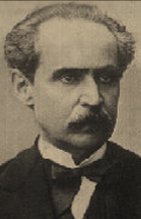
Vicente Fidel López was an Argentine historian, lawyer and politician. He was the son of writer and politician Vicente López y Planes.
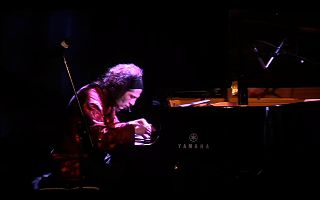
Fernando Otero is a Grammy-award-winning Argentine pianist, vocalist, and composer.
Events in the year 2008 in Argentina.

Cayetano Alberto Silva was an Uruguayan musician, naturalized Argentine, and author; his work includes the San Lorenzo march, the official march of the Argentine army.
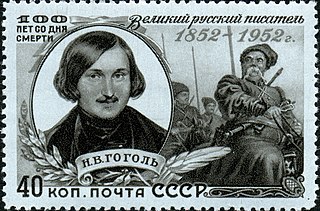
Taras Bulba is an opera in four acts by the Ukrainian composer Mykola Lysenko. The libretto was written for Lysenko by his cousin, the playwright Mykhailo Starytsky, and is based on the novella Taras Bulba, written by the Russian novelist Nikolai Gogol, himself of Ukrainian origin. The story is about a Cossack who discovers his son has betrayed his people, and kills him.
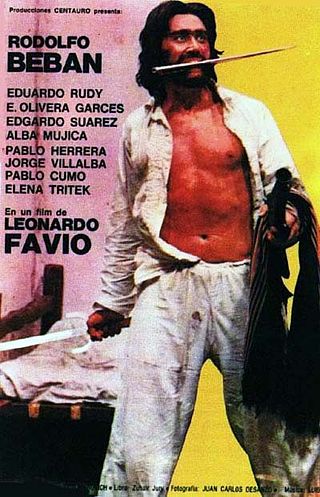
Juan Moreira is a 1973 Argentine dramatic historical film directed by Leonardo Favio and starring Rodolfo Bebán. It is based on the homonymous novel by Eduardo Gutiérrez, which narrates the life of the famous Argentine outlaw, gaucho and folk hero Juan Moreira.
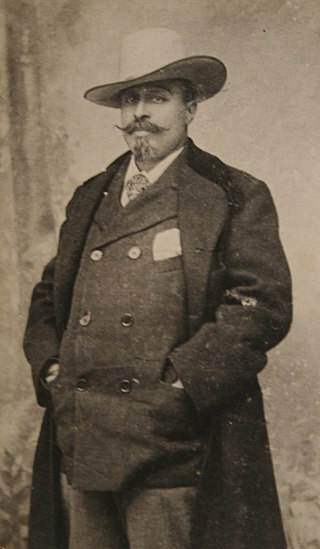
Zenón Rolón was an Afro Argentine musician and composer. Born in Buenos Aires, he composed approximately 80 works including operas, operettas, zarzuelas and sacred music. Rolón also founded a music publishing company which published numerous works by contemporary Argentine composers. Many of his manuscripts are now held by the Instituto Nacional de Estudios de Teatro, in Buenos Aires, and by the Museo Histórico de Morón, the city where he died at the age of 45.
Elvino Vardaro was an Argentine tango composer and violinist.
Events in the year 1879 in Argentina.
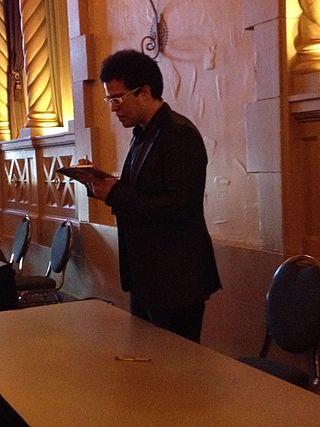
Juan Pablo Jofre is a Grammy nominated Argentinian musician, composer, and arranger. He plays the bandoneon.
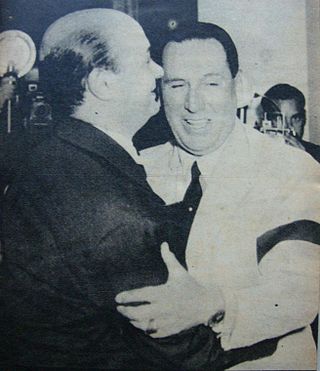
Ovidio Cátulo González Castillo was an Argentine poet and tango music composer. He was the author of many famous works, such as Organito de la tarde, El aguacero, Tinta roja and Caserón de tejas, María and La última curda, and El último café. The tango La calesita, which he composed with Mariano Mores, inspired the film of the same name directed in 1962 by Hugo del Carril.
Gerardo Gandini was a pianist, composer, and music director, who became one of the most relevant figures of Argentine New Music of the second half of the 20th century. He studied composition with Goffredo Petrassi and Alberto Ginastera, and piano with Roberto Caamaño, Pía Sebastiani, and Yvonne Loriod. He was Astor Piazzolla's pianist in the Sexteto Nuevo Tango formed in 1989.

Augusto Ballerini was an Argentine painter of portraits, historical scenes and landscapes.















